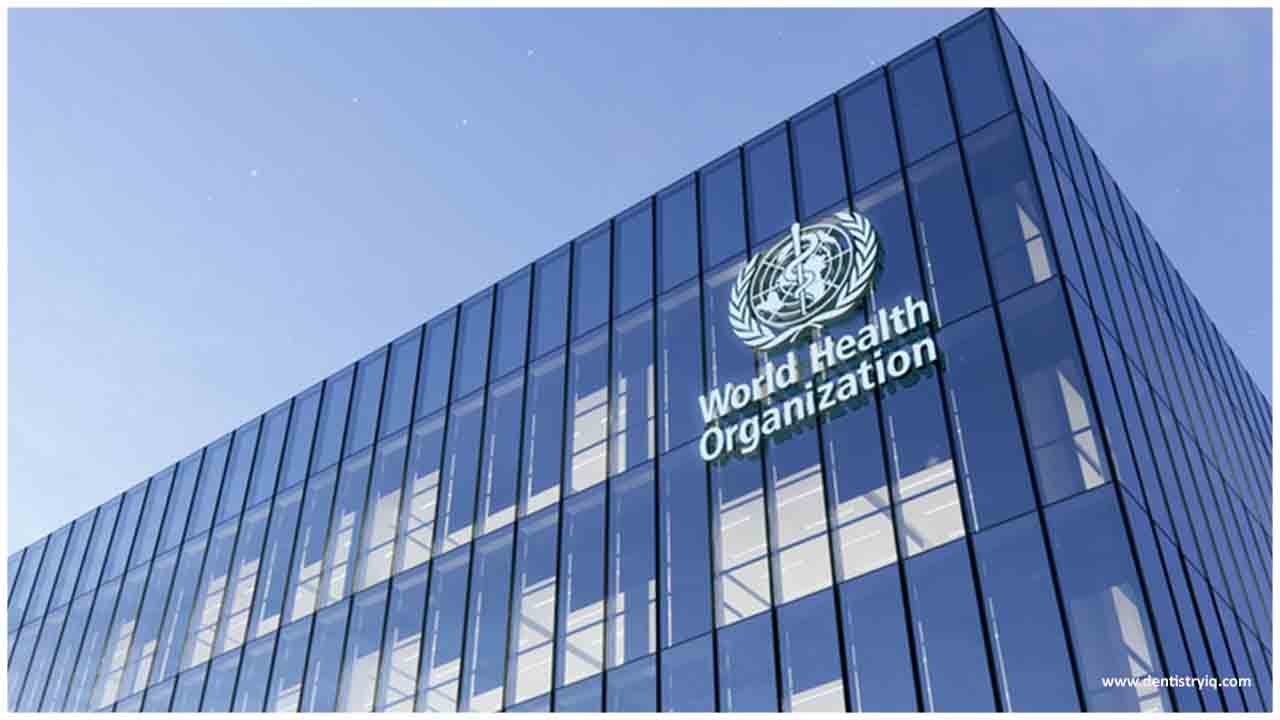The COVID-19 pandemic is as yet extending, yet the ascent in cases and passings has eased back comprehensively, aside from southeast Asia and the eastern Mediterranean districts, the World Health Organization (WHO) said.
In its most recent epidemiological update, given on Monday night, it said that the Americas remains the hardest-hit locale, representing half of the recently announced cases and 62% of the 39,240 passings worldwide in the previous week.
More than 23.65 million individuals have been accounted for to be contaminated by the coronavirus internationally and 811,895 have kicked the bucket, as per a Reuters count on Tuesday.
"Over 1.7 million new COVID-19 cases and 39,000 new passings were accounted for to WHO for the week finishing 23 August, a 4% decline in the number of cases and (a 12% abatement) in the number of passings contrasted with the earlier week," the WHO said.
Southeast Asia, the second most influenced area, detailed a bounce representing 28% of new cases and 15% of passings, it said. India keeps on announcing most of the cases, yet the infection is additionally spreading quickly in Nepal.
In WHO's eastern Mediterranean locale, the number of detailed cases rose by 4%, however, the quantity of revealed passings has reliably dropped throughout the most recent a month and a half, the WHO said. Lebanon, Tunisia, and Jordan announced the most noteworthy increment in cases contrasted with the earlier week.
The number of cases and passings detailed across Africa diminished by 8% and 11% individually in the previous week, "principally because of a decline in cases revealed in Algeria, Kenya, Ghana, Senegal, and South Africa", it said.
"In the European locale, the quantity of cases revealed has reliably expanded throughout the most recent three weeks," it said. "Be that as it may, just a slight abatement (1%) was accounted for in the latest week, and the number of passings has kept on diminishing over the area."
In WHO's western Pacific locale, the number of new cases dropped by 5%, driven by less spread in Japan, Australia, Singapore, China, and Vietnam. South Korea revealed a 180% bounce in cases, "principally because of an expansion in cases related to strict social occasions".

 More than 23.65 million people have been reported to be infected by the coronavirus globally and 811,895 have died
More than 23.65 million people have been reported to be infected by the coronavirus globally and 811,895 have died









.jpeg)



.jpg)




.jpg)





.jpeg)

.jpg)


